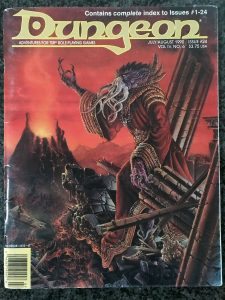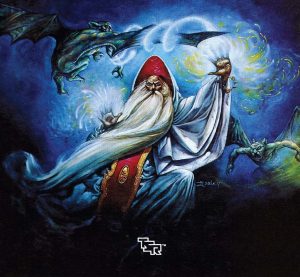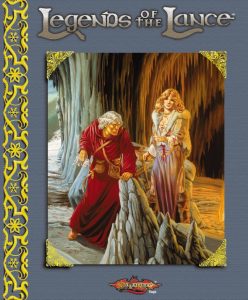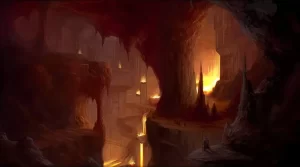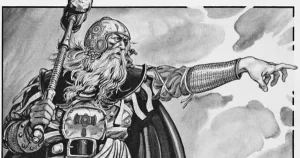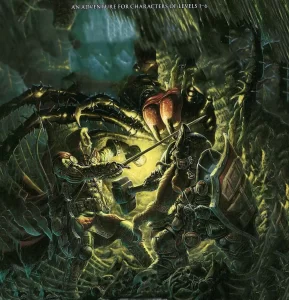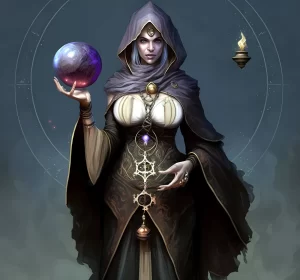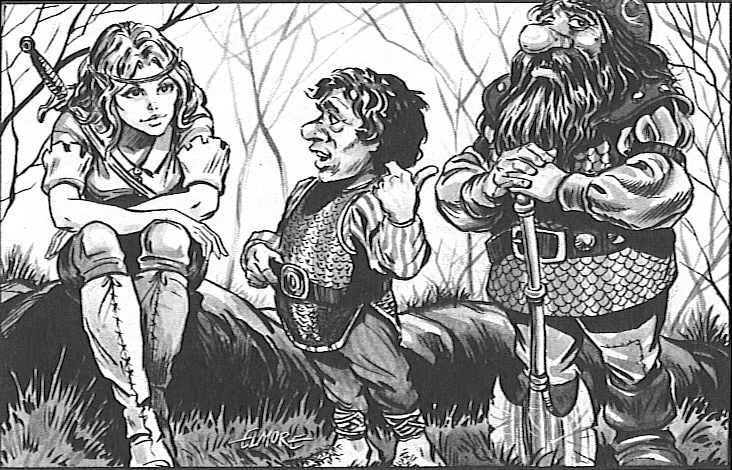
The Craft
In the enigmatic craft of universe creation, one of your most invaluable treasures is a well-rounded familiarity with the fantastical universes conjured by other imaginative minds. Imagine being able to wander the gem-like streets of the Emerald City, to engage in adrenaline-fueled combat with the legendary Conan the Barbarian, or to savor a glass of rich mead in the cozy atmosphere of the Prancing Pony in Bree. The mere thought evokes a sense of exhilarating wonder, doesn't it?
Yet, the challenge isn't merely in dreaming of these tantalizing adventures; it's in constructing your own 'borrowed' universe that can evoke similar awe and excitement. A casual acquaintance won't suffice. Oh no, you need to delve deep, deep into the labyrinthine tomes that give life to these worlds. You must become a scholar of imaginary realms, a connoisseur of fictional dimensions!
Consider the monumental body of work you'll need to tackle. How many Oz books did L. Frank Baum and his successors gift to humanity? What about the expansive Elric saga, a series steeped in dark magic and existential dilemma? And let's not forget J.R.R. Tolkien's Middle-Earth, an intricate universe woven together across several foundational texts, from "The Hobbit" to "The Lord of the Rings" to "The Silmarillion."
Intellectual Odysseys
The sheer volume of literary material you'll have to sift through can be genuinely staggering, almost overwhelming. These aren't mere stories; they're entire ecosystems of imagination, intricate tapestries that incorporate lore, language, culture, geography, and even metaphysics. Each universe is a complex machine where every cog, however small, serves a function.
So, as you stand on the precipice of creating your own fantastical universe, take a moment to respect the intellectual odysseys of those who came before you. Their works aren't just escapist fiction; they're in-depth studies in the art of universe-building, each a masterclass waiting for you to enroll. Your adventure in universe crafting begins not with a blank page, but with a well-read library. From there, who knows what new worlds you'll conjure?
Then the inconsistencies appear between aspects of the D&D rules and their namesakes in fantasy literature. The elves of Middle Earth are immortal, not just long-lived. The dwarves of The Sword of Shannara's world, Rocannon's World and of Carolingian Europe (Three Hearts and Three Lions) are not alike at all and only remotely resemble the D&D conception of them. Ad infinitum.
Universes taken from literature can be excellent for limited adventuring, but this way of playing can destroy balance in a campaign unless it is carefully controlled. Conversely, reshaping the book's universe to fit the D&D rules may distort or destroy the originality and balance of the former. Can you see making Elrond not immortal? How could you handle that?
Your Universe
What's your universe going to look like? It's generally a good idea to place your campaign on a planet, enabling you to define natural events like day and night, eclipses, seasons, etc. The world doesn't have to be round, of course. It can be any other shape you feel is reasonable, but it should be large enough for a long period of exploration.
Examples of alternatives to the spherical-planet universe may be found in the World of Tiers series by Philip Jose Farmer and in some of the works by Larry Niven. (Ringworld, A Hole in Space). Be sure you know what you're doing when you do it; it isn't necessary to draw out the entire planet's surface before the adventurers get there, but it may be helpful to have rough sketches in mind of the major land masses, oceans, moons and suns, etc.
Imagine a world further from the sun? The consequences would include a shorter and poorer growing season, so that herding and hunting remain predominant ways of life. Cities might be fewer in number, and nomadic peoples might become more frequent. Much of the fauna would likely be giant-sized to offset the effects of the cold and to absorb more sunlight as less intensity would be available.
There is now the question of how to get people from Universe A to Universe B for the adventure (or campaign)? The Dungeon Master can arbitrarily declare the party to be transported to the new universe without any explanation, but this chops up the continuity of the campaign and is too ambiguous. You could use an artifact's power to get them to the universe for the adventure? Use acts of gods? Anything might work for the travel between universe - hell, even some red slippers clapping together.
Read more about creating your own adventure: How To Write a D&D Adventure in 3 Minutes
